The alumina refining industry is Australia’s largest user of industrial process heat. Approximately 70% of the greenhouse gas (GHG) emissions produced in alumina refining arises from steam production, currently powered by fossil fuels such as coal or natural gas.
The study, funded under the $400 million Industrial Transformation Stream (ITS) program, will allow South32 to undertake a pre-feasibility study of four investment options for partial steam electrification.
The options include electric boilers, which generate steam directly using an electrode, and mechanical vapour recompression, which involves capturing low-pressure waste vapour from the refining process for recompression to create pressurised steam for reuse. These technologies have the potential to improve efficiency, reduce operating costs and GHG emissions, through the use of renewable electricity.
ARENA CEO Darren Miller said the study was a significant step towards making low emissions alumina, and decarbonising Australian metals production.
“Meeting Australia’s emissions reduction targets will require businesses in the most energy intensive industries to incorporate renewables in their operations,” Miller said.
“Funding from ARENA will help South32 investigate innovative electrification options for steam generation that enable the use of renewable energy.”
The study represents another investment by ARENA in its growing low emissions alumina refining portfolio. Learnings will benefit not only South32 in its decarbonisation journey but other alumina refining players by continuing the industry’s investigation and potential uptake of steam electrification technologies.
South32 Chief Operating Officer Vanessa Torres said South32 has a long-term goal to achieve net zero GHG emissions across all scopes by 2050, and a target to halve our operational GHG emissions by 2035 from our FY21 baseline.
“Decarbonising our operations is key to achieving our goals and targets. The pre-feasibility study that we will undertake at Worsley Alumina, with funding support from the Australian Renewable Energy Agency, builds on the work already underway to reduce Worsley Alumina’s GHG emissions,” she said.
“Electrification of the steam generation process at Worsley Alumina’s refinery has the potential to further reduce the operation’s GHG emissions and we look forward to starting work on the project. We welcome the support from ARENA and look forward to the outcomes of the study.”
ARENA has been investing in projects to reduce emissions from the aluminium value chain since 2021. This includes providing funding to Alcoa to investigate and trial electric calcination, and to Rio Tinto to trial hydrogen calcination at its Yarwun refinery in Queensland.
Applications for the Industrial Transformation Stream remain open, with $70 million in funding now available under the recently announced second round, providing further opportunities for industry to support the reduction of greenhouse gas emissions related to industrial activity.
For more information on the program, including program guidelines, eligibility criteria, and how to apply, visit the funding page. Round 2 is expected to remain open until mid-June 2025.

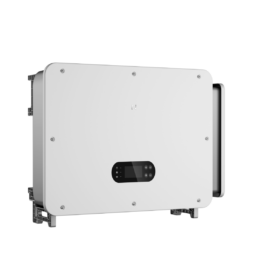
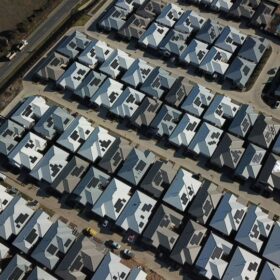
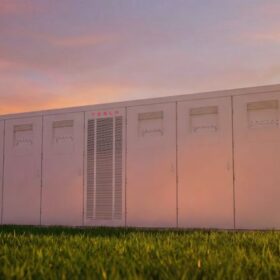
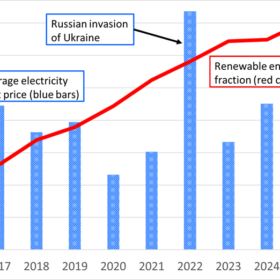
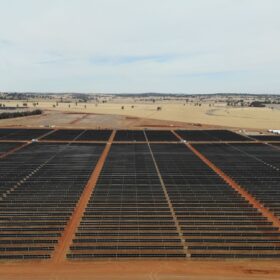
By submitting this form you agree to pv magazine using your data for the purposes of publishing your comment.
Your personal data will only be disclosed or otherwise transmitted to third parties for the purposes of spam filtering or if this is necessary for technical maintenance of the website. Any other transfer to third parties will not take place unless this is justified on the basis of applicable data protection regulations or if pv magazine is legally obliged to do so.
You may revoke this consent at any time with effect for the future, in which case your personal data will be deleted immediately. Otherwise, your data will be deleted if pv magazine has processed your request or the purpose of data storage is fulfilled.
Further information on data privacy can be found in our Data Protection Policy.